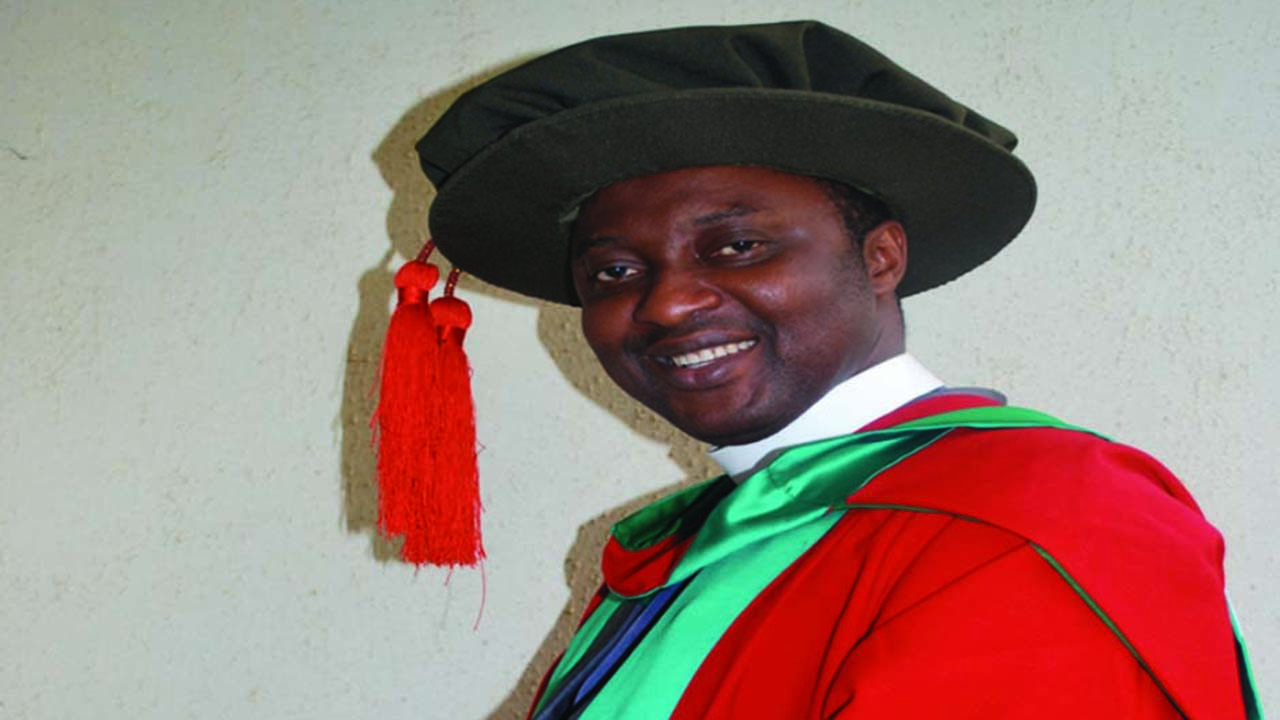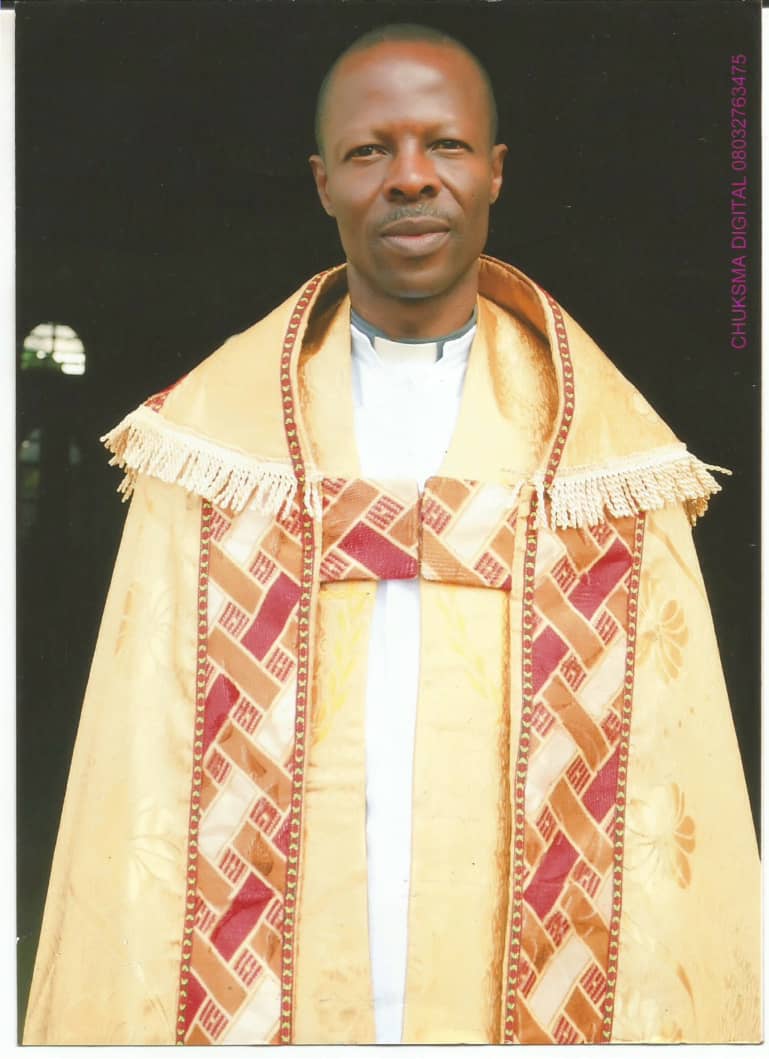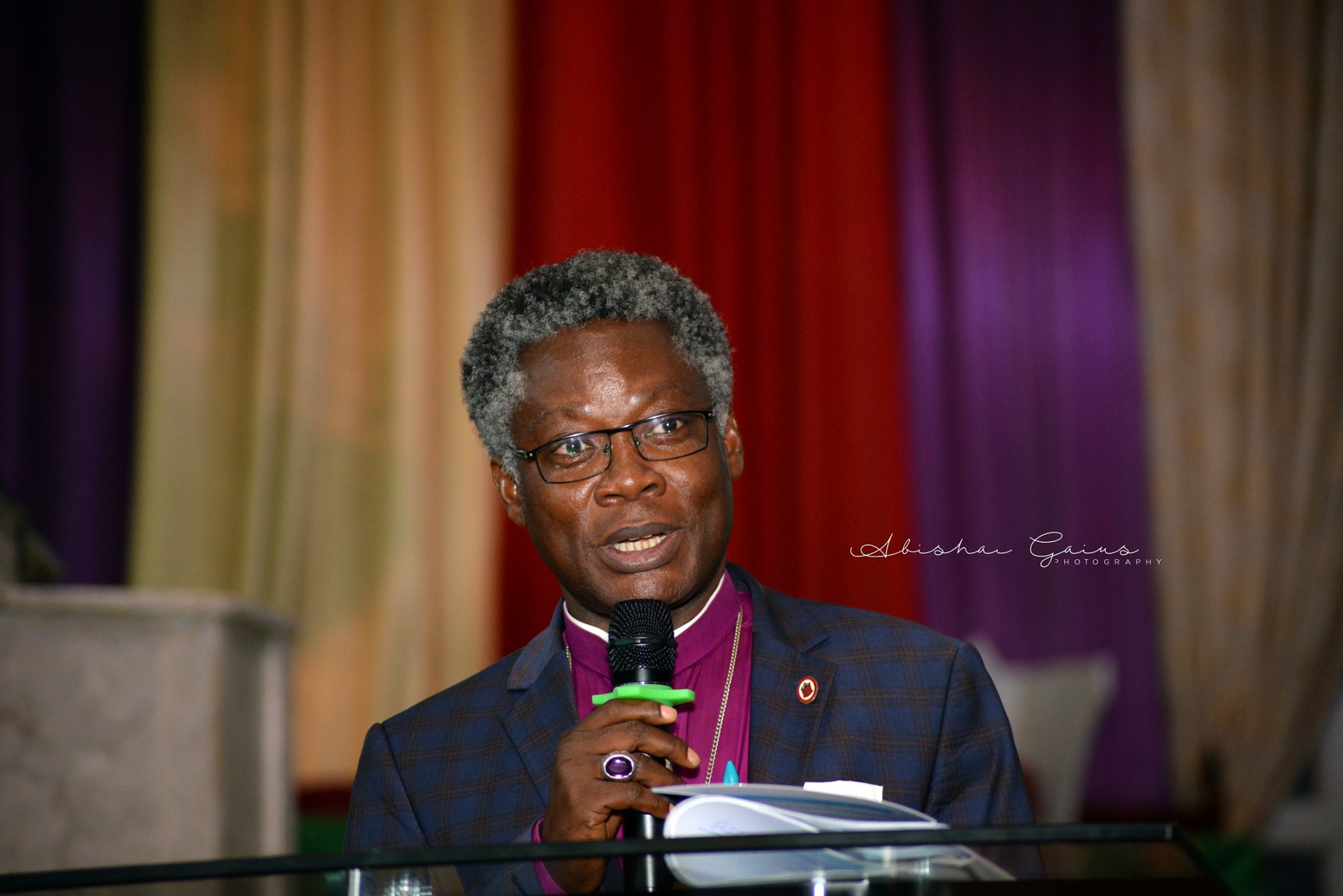Anglicans and some other historic churches commemorate all saints on November 1 every year. The church had earlier been honouring different Christians, who were martyred during Roman persecutions on different special days.
But when Emperor Phocas, in 607, presented the Roman Pantheon temple to Pope Boniface IV, the pope removed the statues of Jupiter and the pagan gods and consecrated the Pantheon to “all saints,” who had died from Roman persecution in the first three hundred years after Christ. He chose May 13, which was when the feast of all martyrs was kept in the Eastern Church, for this, lumped together celebration of all martyrs. The observance on November 1 can be traced to Pope Gregory III (731–741), who dedicated a Chapel in St Peter’s, Rome, on November 1 in honour of all saints. This not only changed the day, but also widened the celebration to include all saints, not just martyrs.
All Saints day was originally used to commemorate all the saints of the church, known and unknown, who attained heaven. All Souls Day was later included on November 2 to include the souls of those who were yet to make heaven. This is based on the pre-Reformation understanding of the meaning of saints and making heaven, which has continued to underlie the Roman Catholic observances.
Saints, however, mean Holy people of God, who are set apart, who respond to the call of God, and become to Him a special people. It is God Himself Who recognises people as saints, and people of God have been recognised and called saints right from the Old Testament. God calls people and they respond and become to Him a special people and holy, by virtue of their relationship with Him. Some are still alive in this world, still in warfare (militants) and some have passed through this world victoriously (triumphant). The saints are those who accept to submit to the Kingship of God, and so are the citizens of the kingdom of God (with God as the de facto King).
The Church of Nigeria’s Collect for All Saints Day indicates how the church conceives and celebrates the day. The Collect reads: “Almighty God, you have knit together your elect into one communion and fellowship in the mystical body of your Son: Give us grace so to follow your blessed saints in all virtuous and godly living, that we may come to those unspeakable joys which you have prepared for those who truly love You; through Jesus Christ our Lord.” Similarly, the 1662 Book of Common Prayer says that All Saints Day stands for “the unity of Christians of all ages, countries, and races in Christ, and the perfection of that unity in heaven.” All Saints Day points us to, and reminds us of our connectedness as Christians. We think of our connectedness to past saints and find inspiration in their stories of God’s faithfulness.
Thus, we are to celebrate the saints by thanking God for them and be inspired by their deeds and, as well, allow the memory of their faith to spur us on to deeper worship and greater service to the Lord. Hebrews 11 provides ample examples of the great cloud of witnesses, whose lives tell of God’s unfailing love and grace. We are not pioneers of the Faith. The lives and testimonies of these our ancestors of the Faith keep telling us in the present, as we pass through the challenges of being Christians in this world, that we can overcome because God is faithful and His grace is sufficient for us in whatever we may be passing through today.
As we mark this All Saints Day, let us therefore, look back through the years of Christian history and think of the millions now enjoying rest and salvation in God’s presence. And as we, from these triumphant soldiers at rest, find encouragement to press on, looking forward to the glorious day, we glorify the name of the Lord.
For all the saints, who from their labours rest,
Who Thee by faith before the world confessed,
Thy Name, O Jesus, be forever blessed.
Alleluia, Alleluia!








